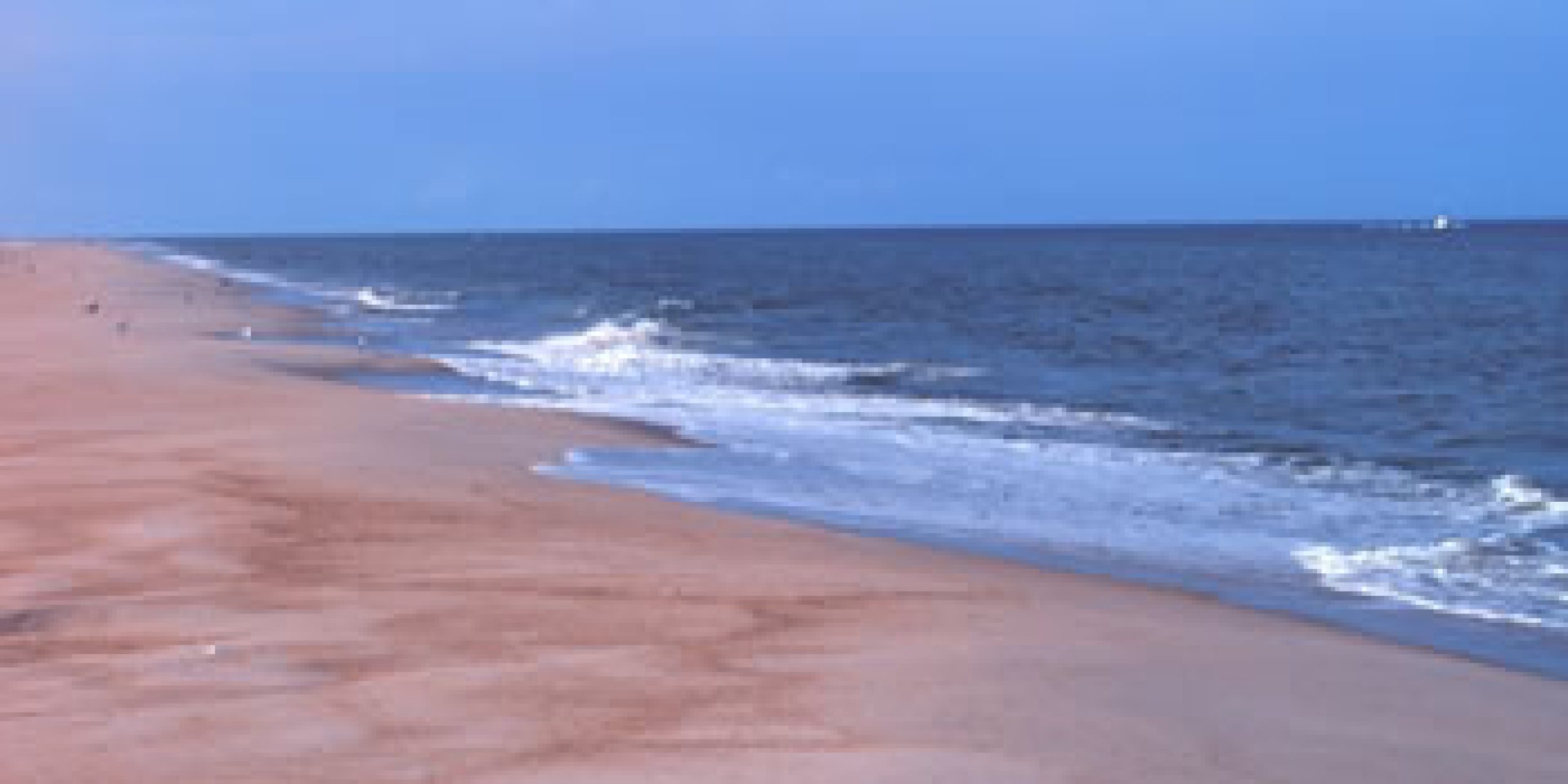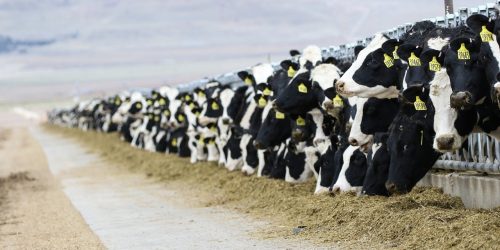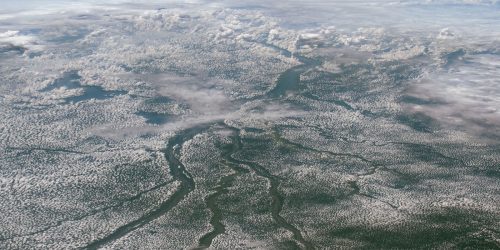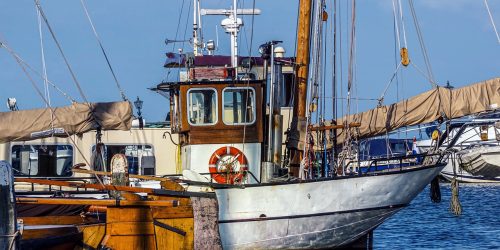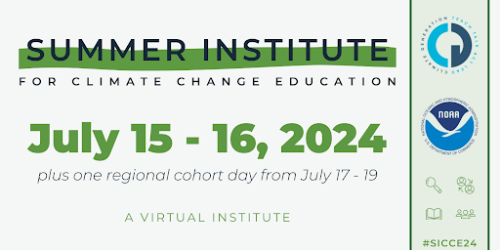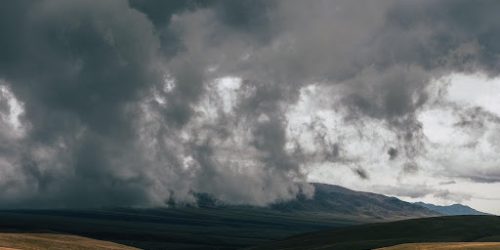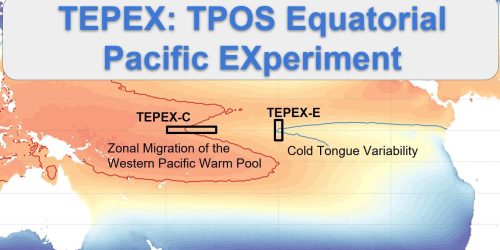As coastal communities confront intensified storm surges, flooding and a host of other impacts as a result of the Earth’s changing climate, a multimedia self-guided educational module on coastal climate change was released today. This new resource can assist localities in developing strategies to cope with a variety of hazards—whether ongoing or intensified by climate change.
The material can be found online thanks to a collaboration among the Wisconsin Sea Grant College Program, University Corporation for Atmospheric Research’s COMET program, and the National Oceanic and Atmospheric Administration’s Climate Program Office’s Sectoral Applications Research Program. Users will need to register prior to taking the course, but registration is free and easy.
In addition to case studies, video and other tools available through the online courses, a companion wiki includes additional resources that can be customized to address local needs. This dynamic site enables users to add and develop coastal climate content such as news about regional projects, uploaded presentations or even video. The wiki also offers grab-and-go PowerPoint templates based on the UCAR modules that can be adapted for local training or presentation opportunities.
Both websites have been designed to help “teach the teachers.” Extension educators and communicators, and those civic leaders and resource managers who live and work in coastal areas will benefit most from the material. These professionals face ever-increasing responsibilities to communicate and address the many and complex facets of coastal climate change.
“From rising seawater lapping on our Atlantic, Pacific and Gulf coasts, to increased and severe weather events in the Great Lakes basin, the implications of coastal climate change are varied, but will be significant in many areas. These modules break things down and make life easier for those who need to share information on why this is happening, how rapidly it is happening and how communities can adapt,” said Michael Liffmann, leader with NOAA’s National Sea Grant College Program.
The modules provide details on:
- Downscaling climate models
- Working with state and local governments
- Preparing the coasts from the perspective of sustainable development
- Working toward hazard-resilient coasts
- Ensuring a safe and sustainable seafood supply in the face of climate change
- Ensuring healthy coastal ecosystems in the face of climate change
- Mitigation, adaption, and costs of building resiliency
- Impacts on inland lakes
- Saltwater intrusion and aquifer contamination.
The information presented in the COMET modules was developed cooperatively with collaborators from UCAR, NOAA, many Sea Grant programs of the nation’s 32 and their university partners under the leadership of Wisconsin Sea Grant.
“The COMET program is very happy to have had the opportunity to collaborate with NOAA Sea Grant and the University of Wisconsin (my alma mater) to develop this new module on coastal climate change. We feel it is important to be working through Sea Grant and its extension agents who are on the front lines helping to educate the public on climate and the potential impacts of climate change,” said COMET Director Tim Spangler.
The coastal climate change modules and the coastal climate wiki are funded by NOAA-SARP.
While the climate change courses will remain static for the foreseeable future as a vital educational resource, they are nicely complemented by the organic nature of the coastal climate wiki site that fosters online discussions and information sharing among top-notch scientists and those “on the ground” Sea Grant and other extension agents, and other coastal leaders and planners leading to coordinated tactics and strategies.
“An article in this week’s issue of Newsweek reports that 14 states are working on climate change adaptation plans. These modules are a resource for those already putting plans into place, and those 36 states who may want to ramp up,” said Jim Hurley with the University of Wisconsin-Madison and a leader on the websites’ development. “Extension staff, educators, communicators, civic leaders, resource managers and planners of every stripe can benefit from these new tools.”


